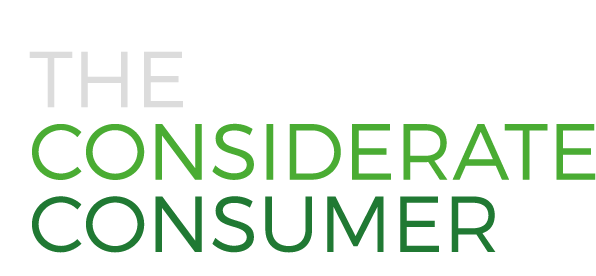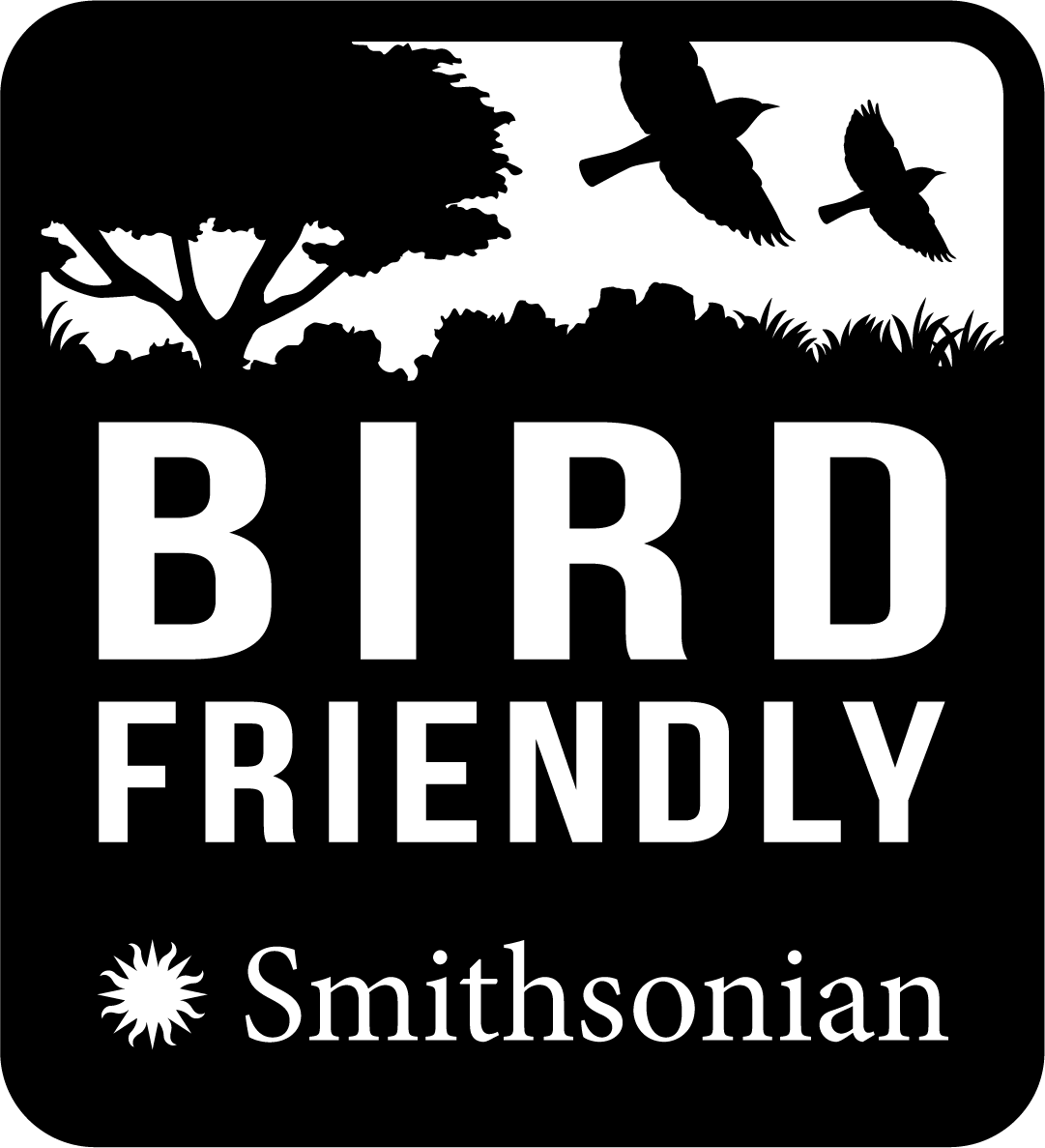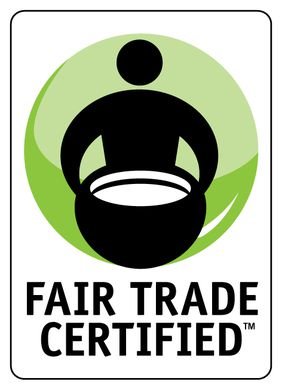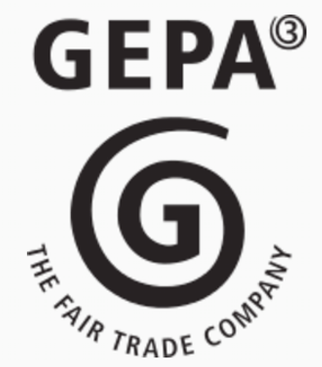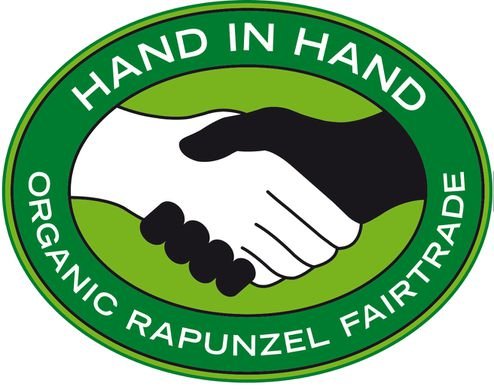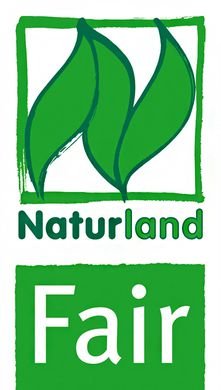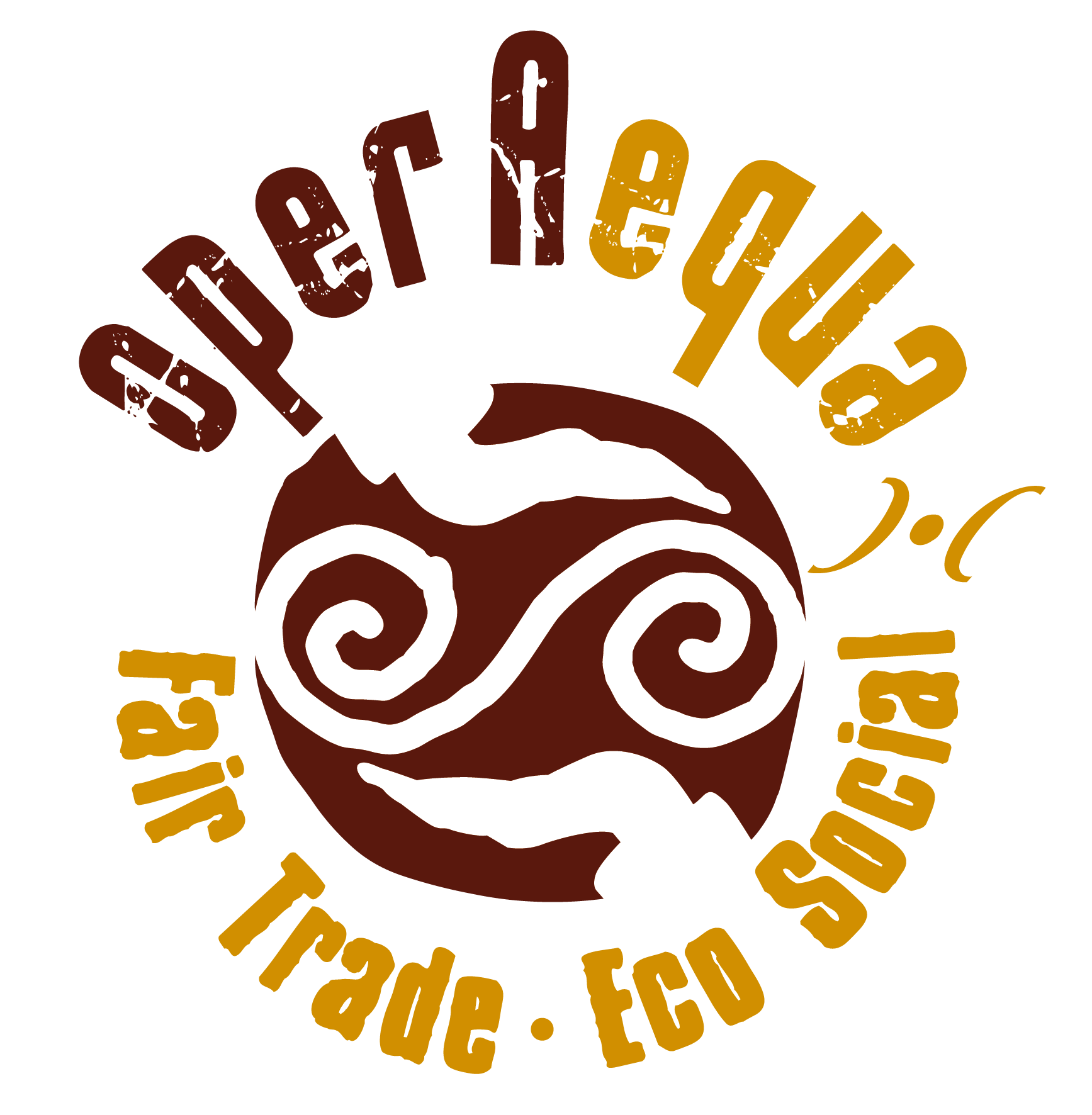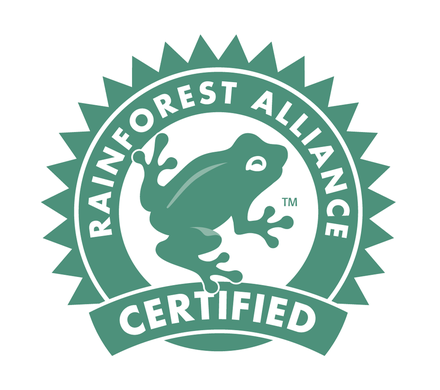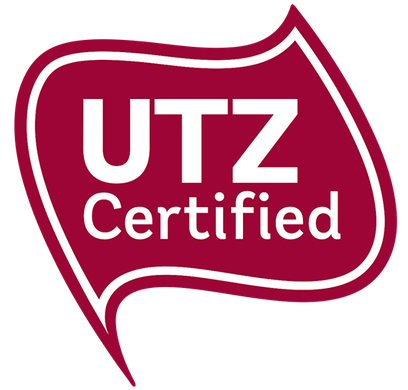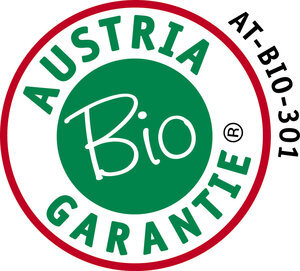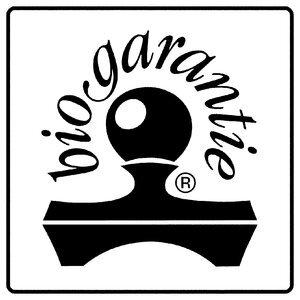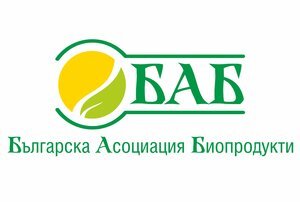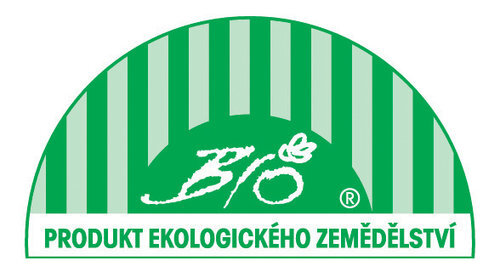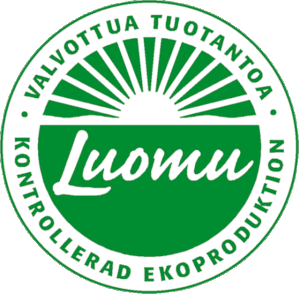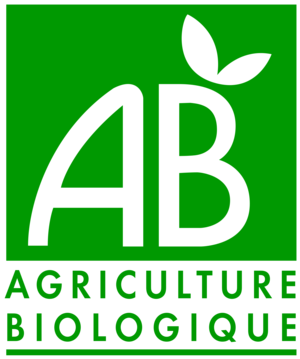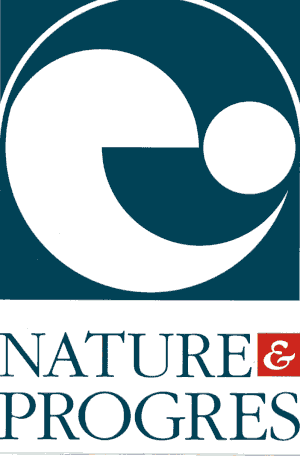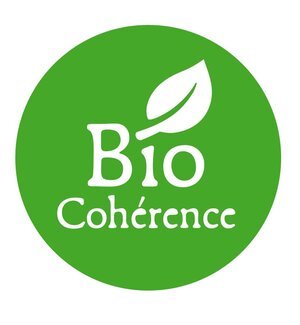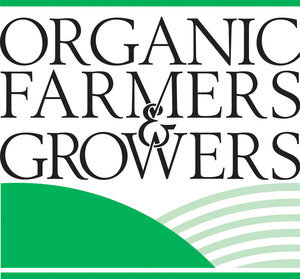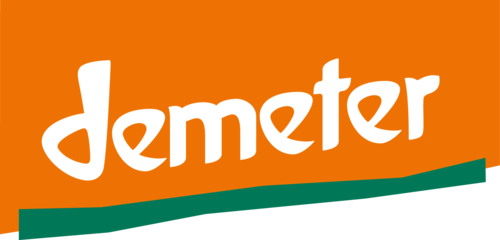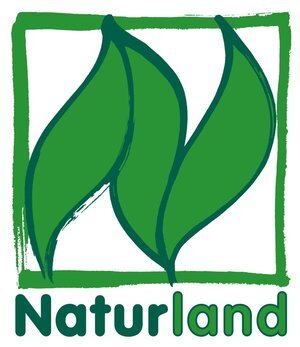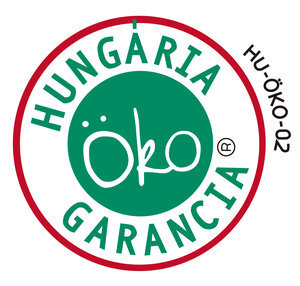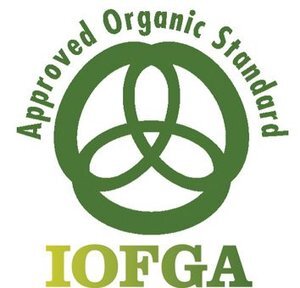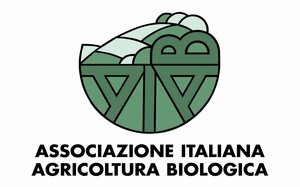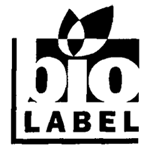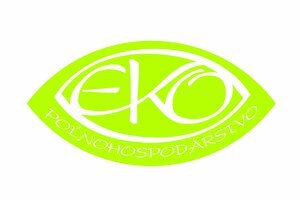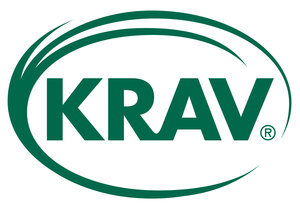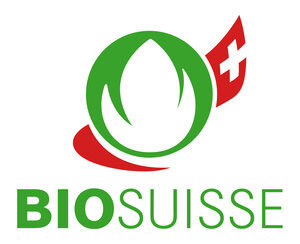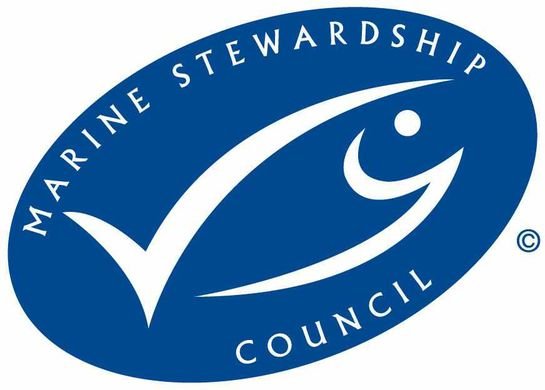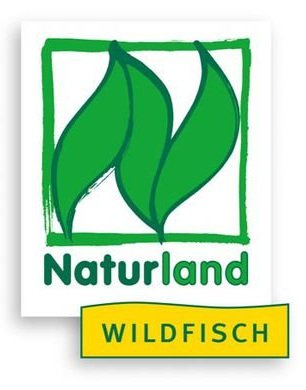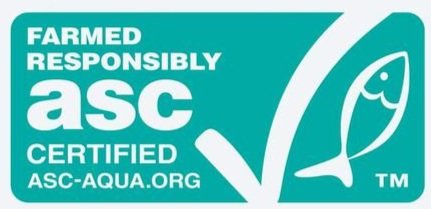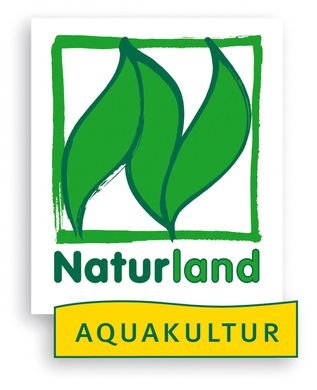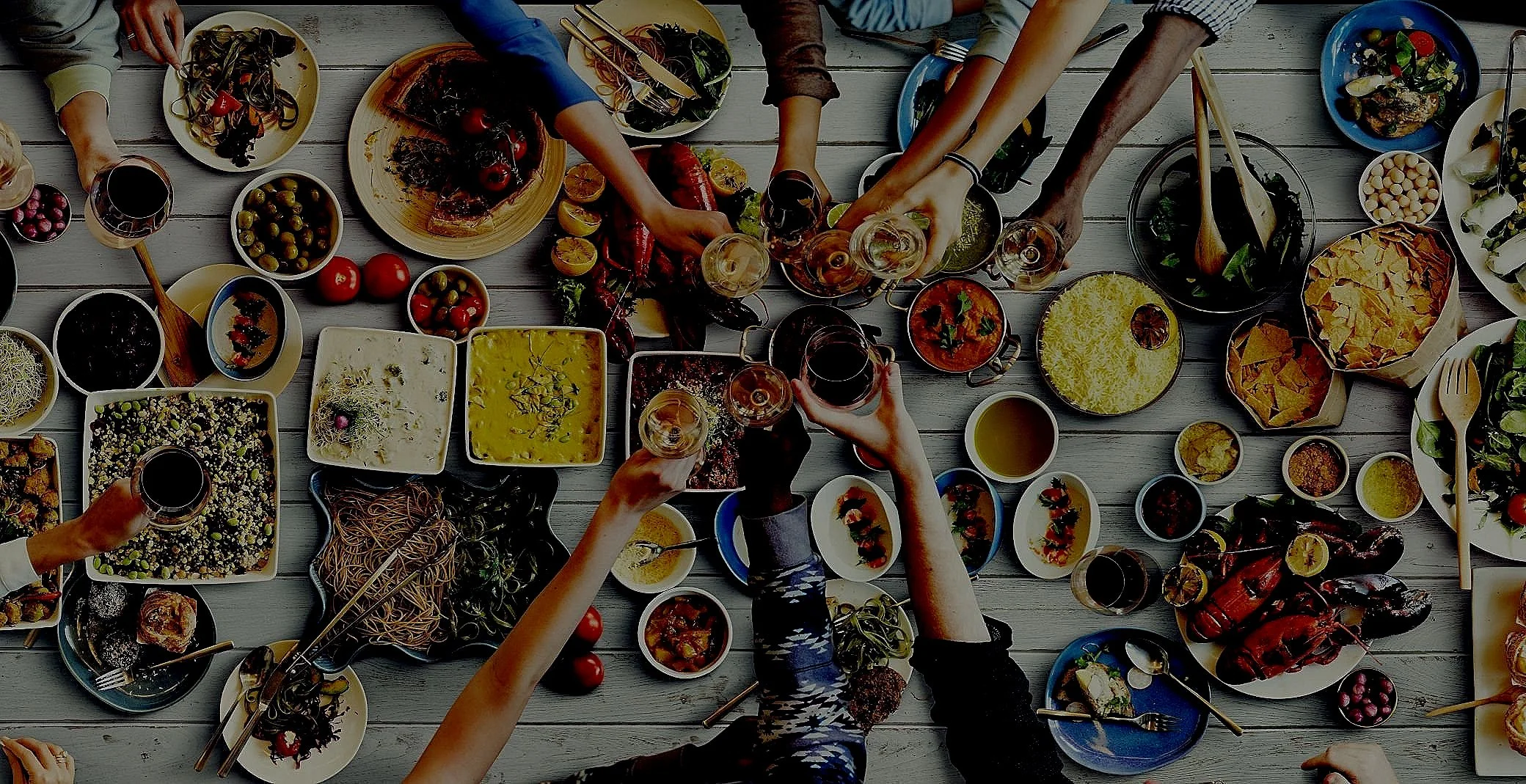May 2021
"Producing food is critical to the future of humankind, yet it’s also one of the most significant threats to wildlife and the oceans, forests and other habitats they call home." (WWF)
By choosing certified sustainable foods, you make an impact - you send a clear message to the food industry, voting for long-term sustainable food production practices.
Here is a list of the most popular food certification to help you getting started to opt for sustainable food.
FAIR CERTIFICATION
Many products that we consume are also available with a fair trade certificate. These include clothing, plants, interiors and, particularly popular, food.
What means ‘fair trade’?
“Fair trade” refers to an alternative trade model that seeks better equity for small-scale producers and workers mainly coming from developing countries (Elad, 2013).
When a product is marked as “fair trade certified,” the producers and businesses have met internationally agreed production standards. These standards include social, environmental and economic aspects.
Fair trade certification bodies
There is a range of fair trade certification bodies on the market. Each certification body developed its own set of standards. For example, one organisation may prioritise the standards for fair labour and another for biodiversity practices over other fair trade aspects.
Here is a list of the most common fair trade certification.
Where to buy fair trade products?
Search online or on your app store for apps and platforms that help you find retailers, supermarkets and online shops that sell fair trade products in your country.
Organic food stores and many conventional supermarkets provide shelves filled exclusively with fair trade products.
organic seals
Organic production uses sustainable agriculture to make food more environmentally friendly and ensure animal welfare. Learn more about Organic Produce →.
Countries have developed organic seals to help you differentiate between conventional and organic products.
EUROPEAN ORGANIC SEAL
The European Union has developed an organic seal, which you’ll find on all European organic products. The seal guarantees the quality of organic produce by enforcing consistent conditions and regulations that go beyond those for conventional produce.
NATIONAL ORGANIC SEAL
Aside from the Europe-wide system, most European countries developed a national labelling system for organic products.
Here is a list of some national organic seals sorted by country in alphabetical order.
fish & seafood CertifiCATION
We can buy fish and seafood from the wild or farmed fish. Both origins have their seals.
Those seals certify different aspects of more sustainable fish production.
For example, slaughtering methods, dolphin-friendly and seabed-friendly fishing methods for wild fish, or organic feed for farmed fish.
WILD CATCH
FARMED SEAFOOD
SEAFOOD WITHOUT CERTIFICATION
"Not every fish without a seal is questionable, but consumers will have to be aware of which stocks the fish comes from." (Stiftung Warentest)
To do so, get help from Seafood Orientation Guides →, provided by Organisations such as Greenpeace or WWF, navigating you through information on which fish to eat and which ones to avoid.
LEARN MORE
Check our sources: Bibliography →
